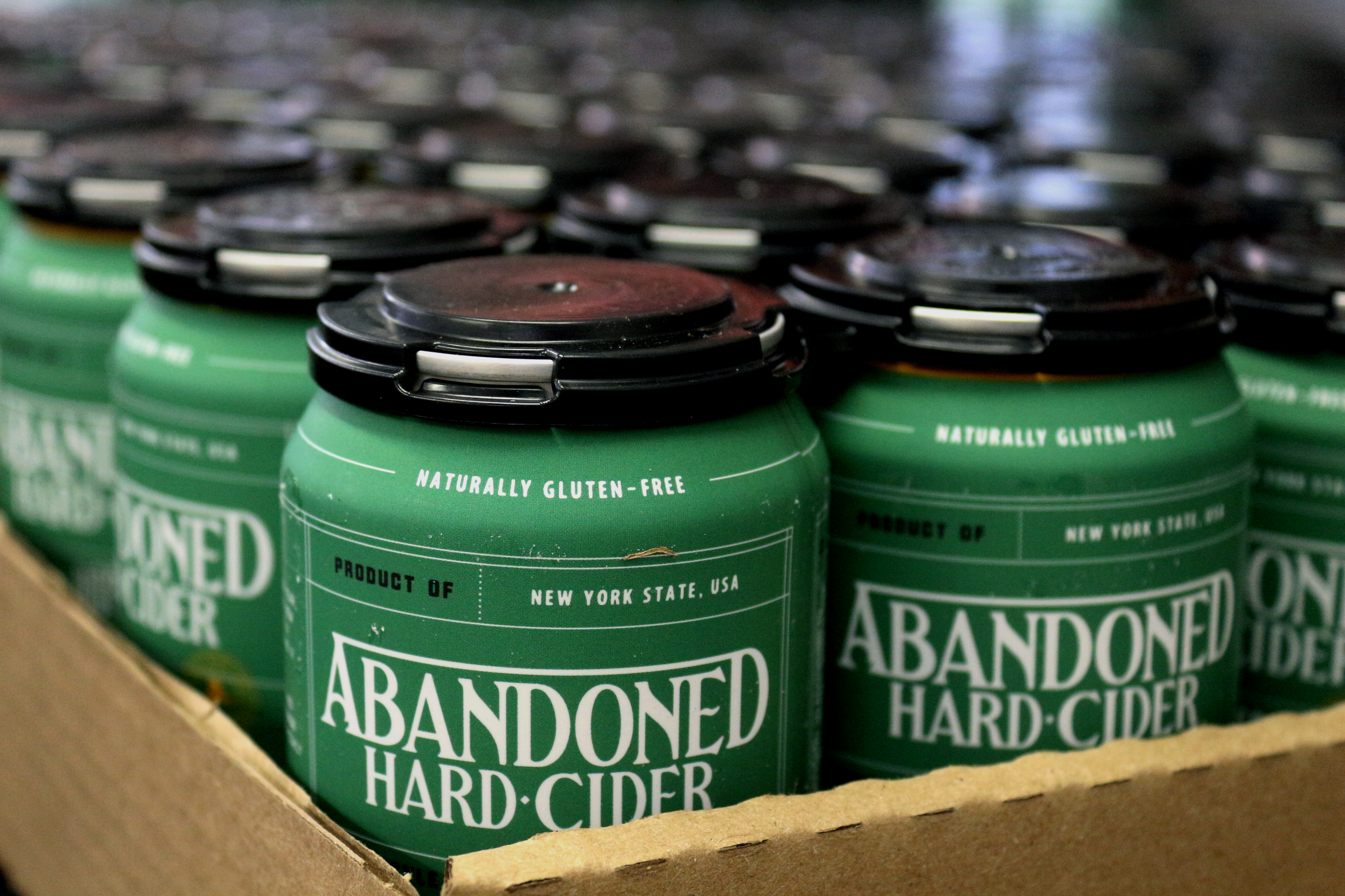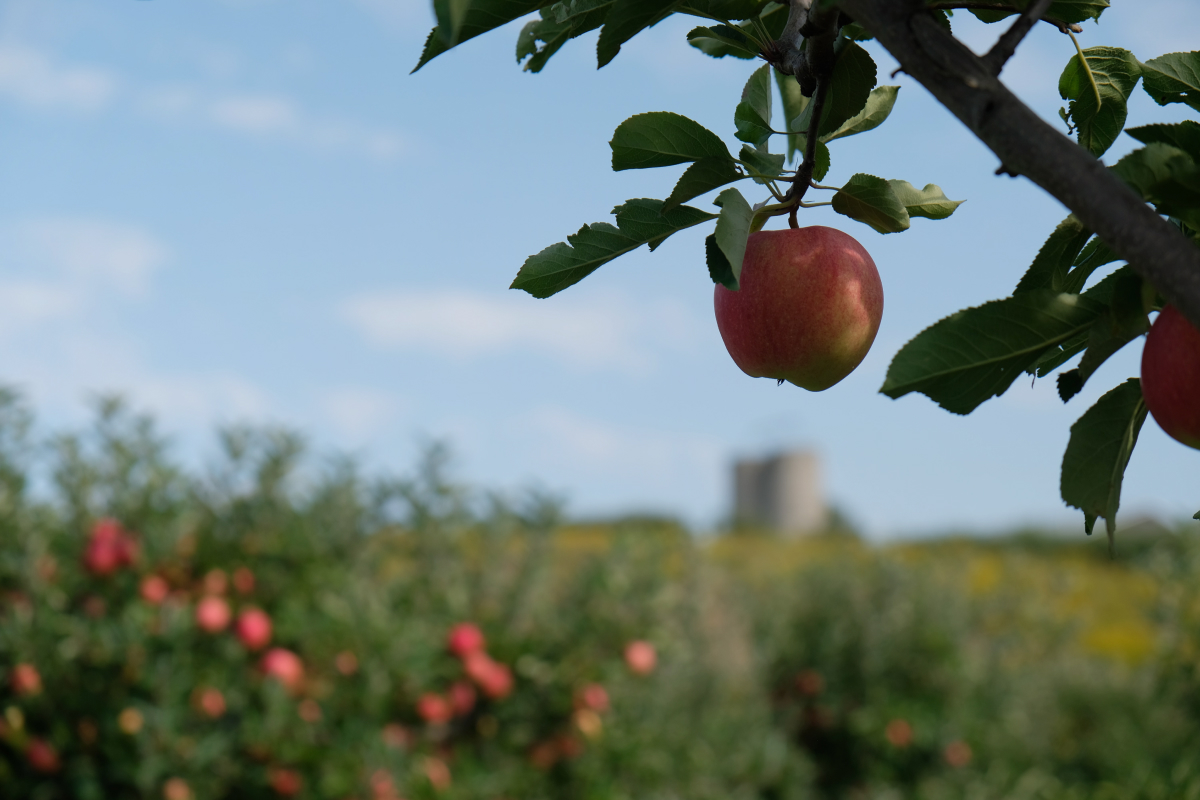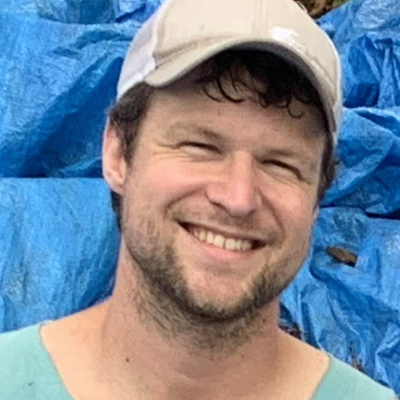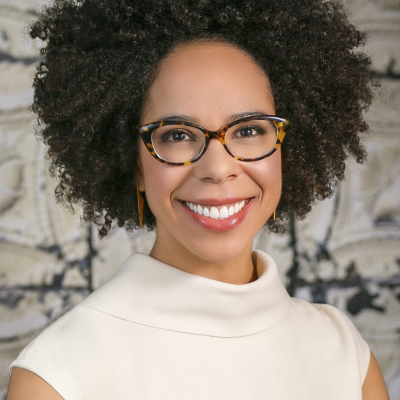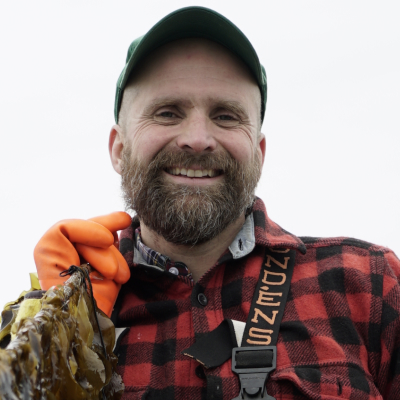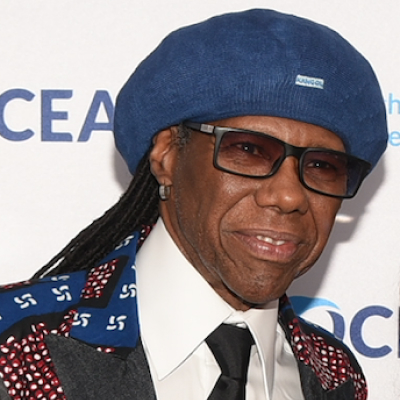Most 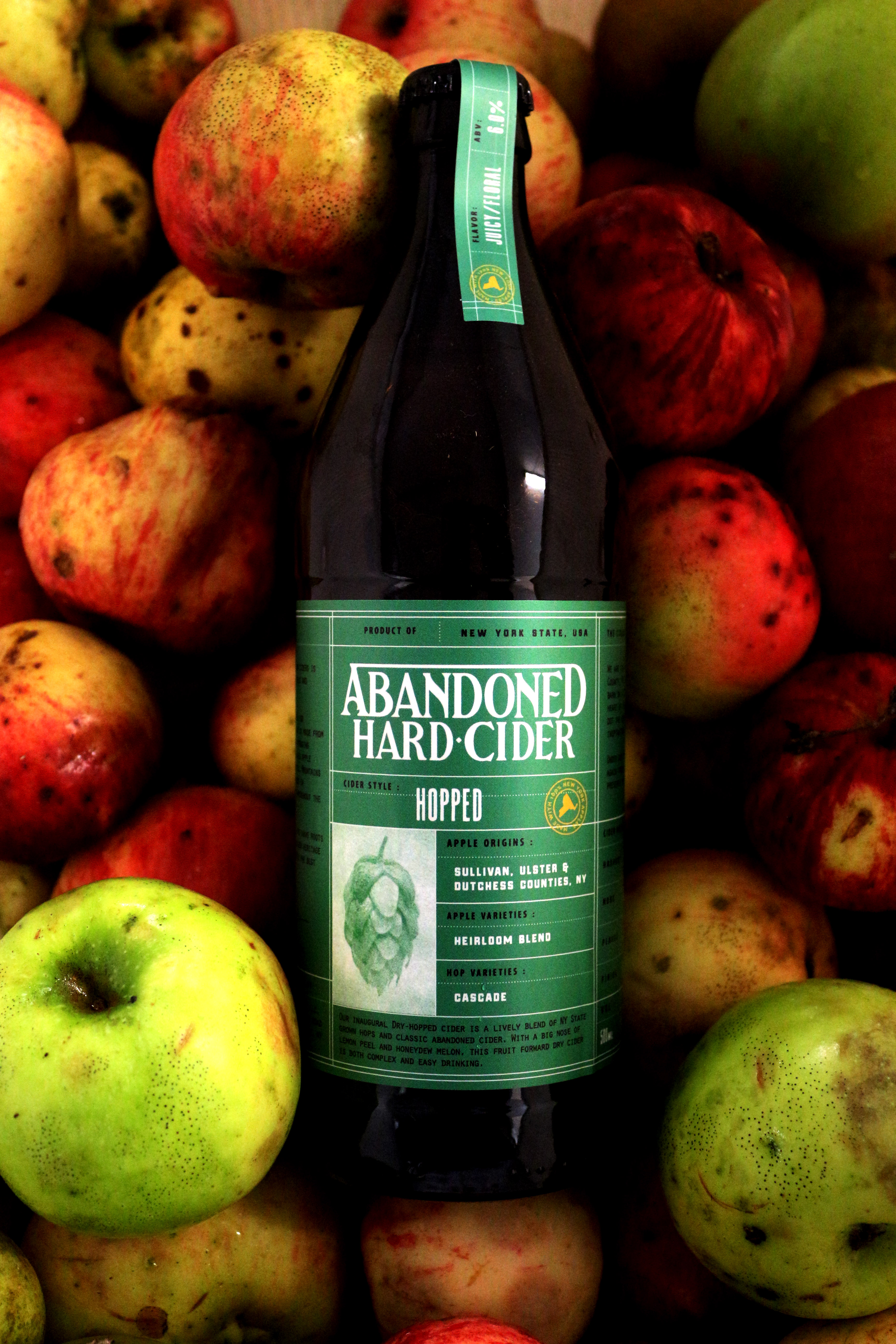 of the apples we find at the grocery store are clones of original varieties. These apples are great for eating and baking, but, as with grapes for making wine, the apples needed to make an amazing cider are a completely different variety. That’s one thing Martin Bernstein learned when he bought a 100+ year old orchard in New York’s Hudson Valley and began creating Abandoned Cider with co-founder Eric Childs. Unlike many of the newer commercial apple farms in New York, Bernstein’s orchard was home to many old apple varieties he had never heard of. These apples include wild varieties that produce ciders with vastly different flavor profiles than those that have been traditionally cloned. —Annabel Schulz
of the apples we find at the grocery store are clones of original varieties. These apples are great for eating and baking, but, as with grapes for making wine, the apples needed to make an amazing cider are a completely different variety. That’s one thing Martin Bernstein learned when he bought a 100+ year old orchard in New York’s Hudson Valley and began creating Abandoned Cider with co-founder Eric Childs. Unlike many of the newer commercial apple farms in New York, Bernstein’s orchard was home to many old apple varieties he had never heard of. These apples include wild varieties that produce ciders with vastly different flavor profiles than those that have been traditionally cloned. —Annabel Schulz
How did you get started working with apple trees and specifically wanting to focus on apple genetics?
My wife and I bought a farm in the Catskills several years ago from a guy who was 98 at the time. He was born at this farm. His father settled it in the late 1800s and they planted all the apple trees. I knew very little about apples at that point but it really piqued my interest that we suddenly had access to this orchard with really old apple varieties I’d never heard of. I went down the Google rabbit hole finding out the history of each of these apples. I was making apple pies and applesauce and it didn’t really do it for me. But then I started making hard cider and noticed that there were really different results depending on which apples I used. That’s what got me started. In the same way that a lot of wine makers are interested in using specific wine grapes.

Founder Martin Bernstein and Eric Childs
What’s the most interesting fact you’ve learned so far about apples?
There are so many. The basic fact that I try to teach everybody is that most apple varieties are clones. So through the process of clonal crafting, the Granny Smith, Gala, Fuji and all of the varieties that we know and love, come from trees that are clones from the original. You can’t take a Gala and pollinate it with a Fuji and expect to get an apple that tastes like a cross between them. That doesn’t work. Apples are extremely heterozygous. There are many, many genes in the apple that dictate flavor, size, color and growth patterns. That is not the case with a lot of fruit and veggies. For example, tomatoes are not very heterozygous. If you cross a red tomato and a yellow tomato, you’ll get an orange tomato. When you plant a seed of an apple, you have no idea what’s going to come out of it. You could get the most flavorless apple that tastes like a potato. Or you could get the most delicious, nutritious and beautiful apple. This is important because we use a lot of wild apples that are not bred for sweetness. We’re just using what’s made it in the wild, and produce a wide variety of apples with a wide variety of flavors.
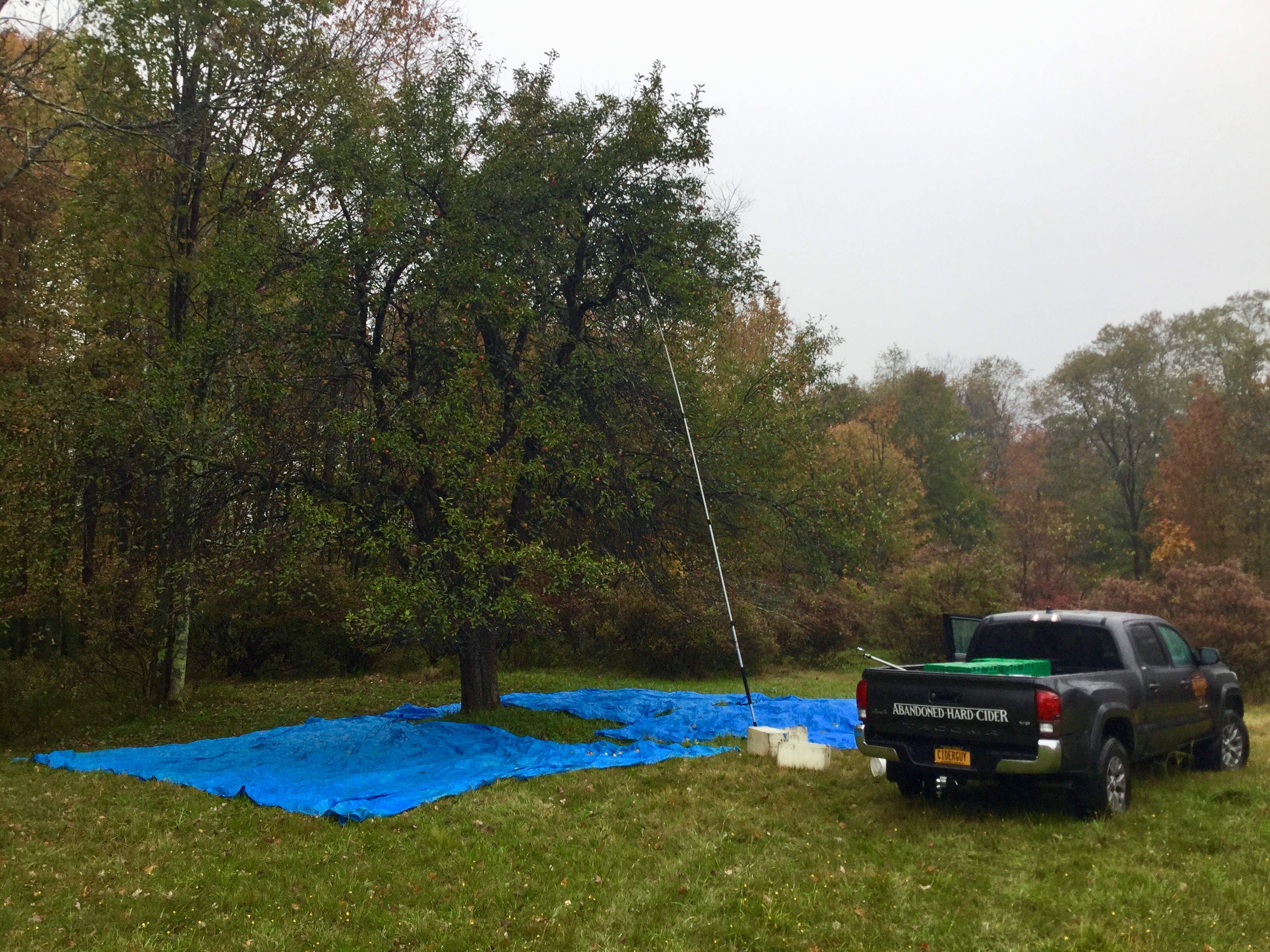
What’s the biggest challenge in apple farming? What role has climate change played?
A lot of the apple varieties that are being grown in the Hudson Valley today are not very well suited to the climate that is coming. We don’t know what exactly is coming, but we know that it’s going to be different. Planting an apple tree of a certain variety that does well now in the Hudson Valley may not be the smartest idea seeing as in 20-25 years when that apple tree is fully mature, we will have a very different climate. For any farmer growing crops that take a long time to mature, it’s a gamble because you’re trying to understand what the challenges will be in 20-30 years from now. One of the biggest pressures right now is the wide variety of fungi that flourish in wet and humid conditions. In the last 3-4 years, wild trees are not fairing very well. We’re also seeing invasive species that have taken hold in the northeast that will probably decimate many orchards over the coming years. There have always been invasive species, but with climate change, there’s an added pressure and the immune systems of the trees will be weaker.

Your model of collecting abandoned apples is a solution to our country’s massive food waste issue. Can you discuss the work you do as it relates to combating food waste?
While that wasn’t the driving force, it is a huge bonus and added benefit that we’re able to make use of a “natural resource” that nobody else is interested in using. We do it mostly because there are very few commercial orchards that are growing the heirloom variety that we use in our ciders. So it’s a bonus that we’re using abandoned orchard apples, but our main goal is to make a delicious cider with apples that are actually suitable for cider. We also crowdsource a lot of our apples. People who have apple trees in their backyards can pick them and bring them to us and we will give them cider in exchange.
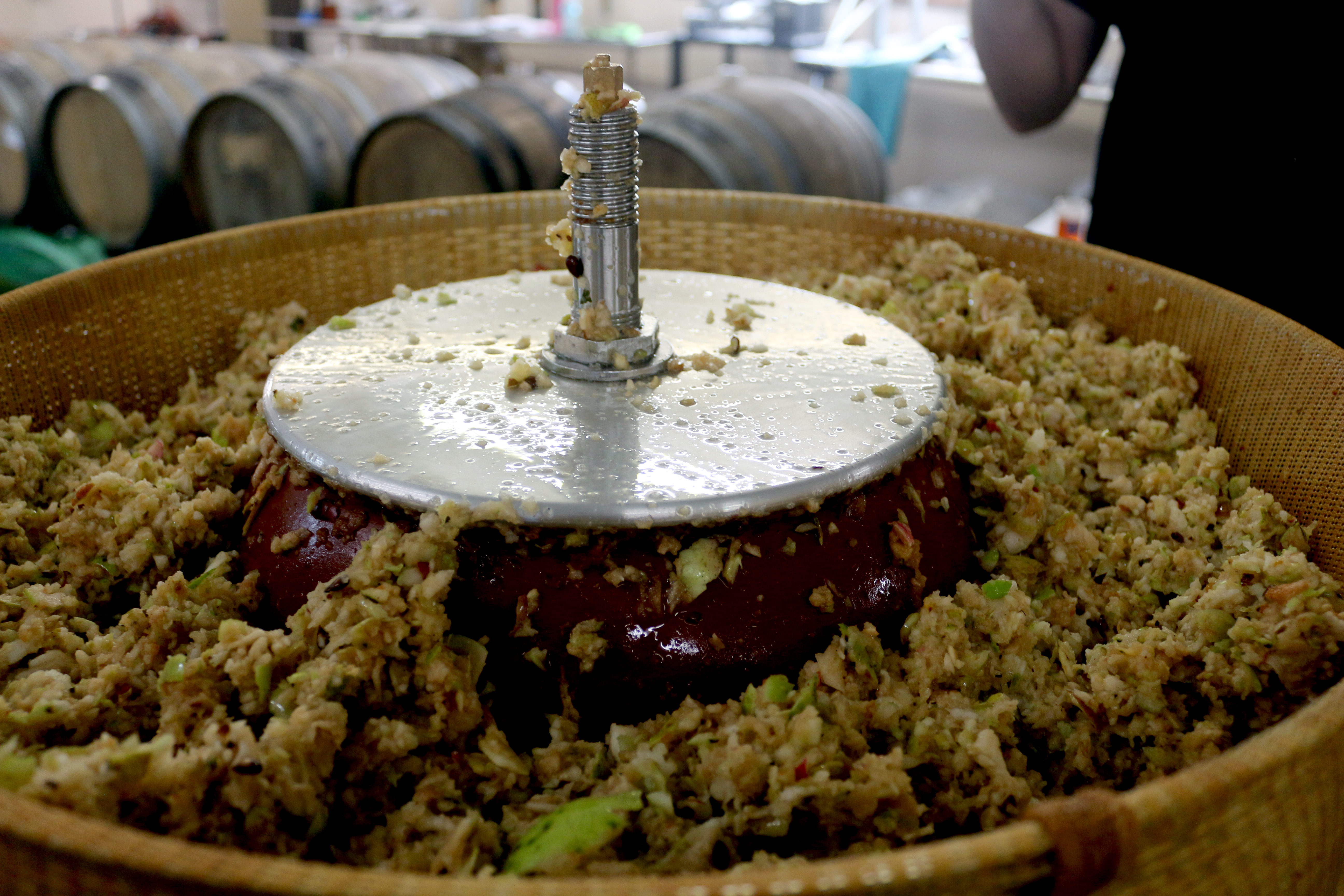
Where do most of the apples you use come from?
The bulk of the volume of apples that we use come from family farms that are operating as commercial orchards. The bulk does not come from abandoned orchards, but the widest variety does.
Your co-founder Eric is a Chinese tea specialist and holds a degree in wine education from the International Wine Center. How is wine similar to hard cider?
Cider is wine, essentially. There is very little difference in the methods used to produce cider over wine. The biggest difference, of course, is the fruit used. The method of cider making that we employ is the common wine making method. We crush the whole fruit, take that juice, ferment it and age it and then bottle it. It is essentially wine making. Where we differ a bit from wine is what we call adjunct or added flavors. We do this only for one of our ciders—the hopped cider. Even though it’s using hops, it’s not a beer thing; it’s more of a kombucha thing. We take whole flower hops and steep them in our cider for a certain amount of time and then pull it out before canning or bottling.

How do you feel Covid-19 has reshaped our food system? Have you seen an increase in people buying locally, especially where you are in the Hudson Valley?
That’s probably the main change I’ve seen. It’s reshaping and will continue to reshape our food system. I am seeing a lot more people interested in buying local food and beverage for sure. I go to the Kingston farmers market every Saturday and it is absolutely packed. Our sales have gone up dramatically as well since the pandemic started and I think that’s because people are interested in supporting local businesses but also because they have more time to really think about what they’re putting in their bodies and are doing it more consciously. There is more attention to the way that we live now as opposed to 7 or 8 months ago.
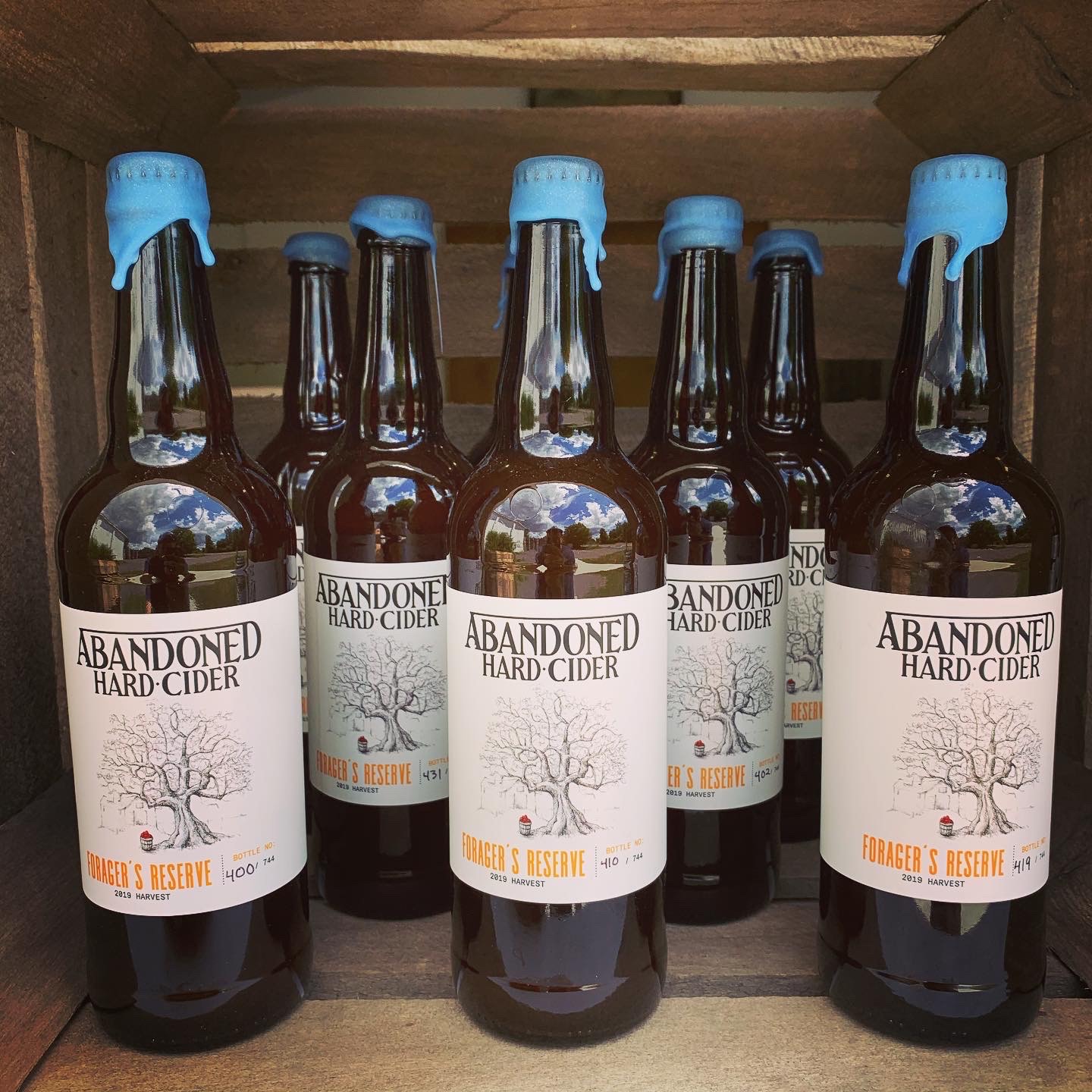
What makes the perfect cider?
I would avoid using the term “perfect cider” because there are so many cider makers in the U.S. that are making incredible products, but I am constantly surprised and pleased when I taste a new cider from someone else and they’ve used some strange ingredient like earl grey tea or guava. There are so many ways you can innovate and make good ciders and I don’t think there’s a right way or a wrong way. There are plenty of purist cider makers out there that do believe in the perfect cider and that’s fine, but I just don’t subscribe to it. I’m much more interested in beverage innovation. That’s what sets American cider apart from French cider which is very traditional in terms of methods and ingredients. But I do believe that a good cider must use whole apples as opposed to concentrate. I have yet to taste a cider that’s made from concentrate that is good.
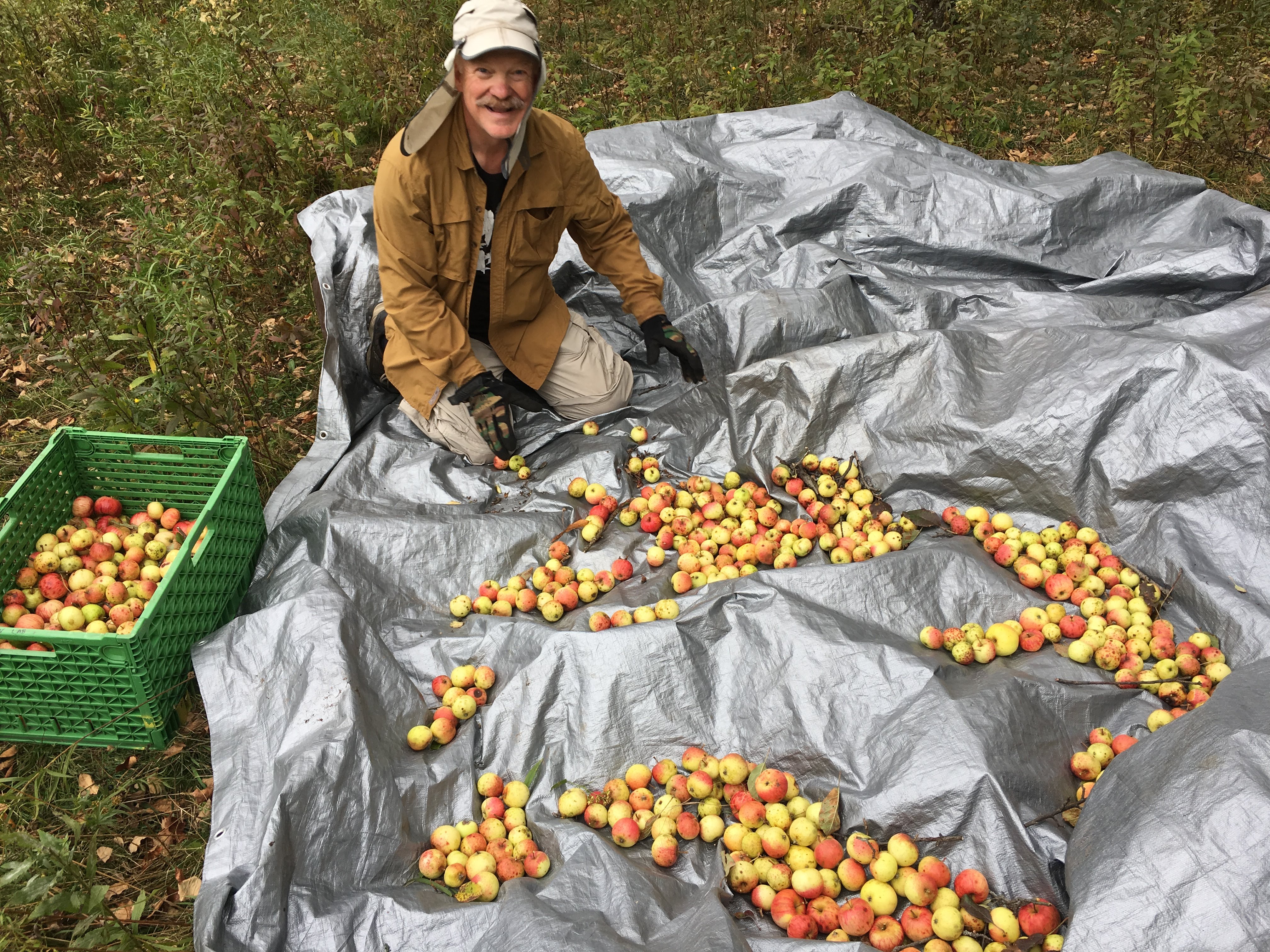
Do you think your business model could be applied to other food/beverages?
Yes, totally. That is happening. There is a brewery that makes beer with discarded bread. There are plenty of bakeries that have leftover bread at the end of the day that can then be used to make beer. There are so many ways to reuse and repurpose “abandoned” products. With the apples we use, it’s really just us and the deer that want those apples. So why not use them to make cider?
Where can people buy your cider?
We are currently distributed in California and Nevada, and New York State, Washington DC, Virginia, Maryland as well as online. Our online store is launching this winter, but people can email us at info@abandonedcider.com and we will ship anywhere.
